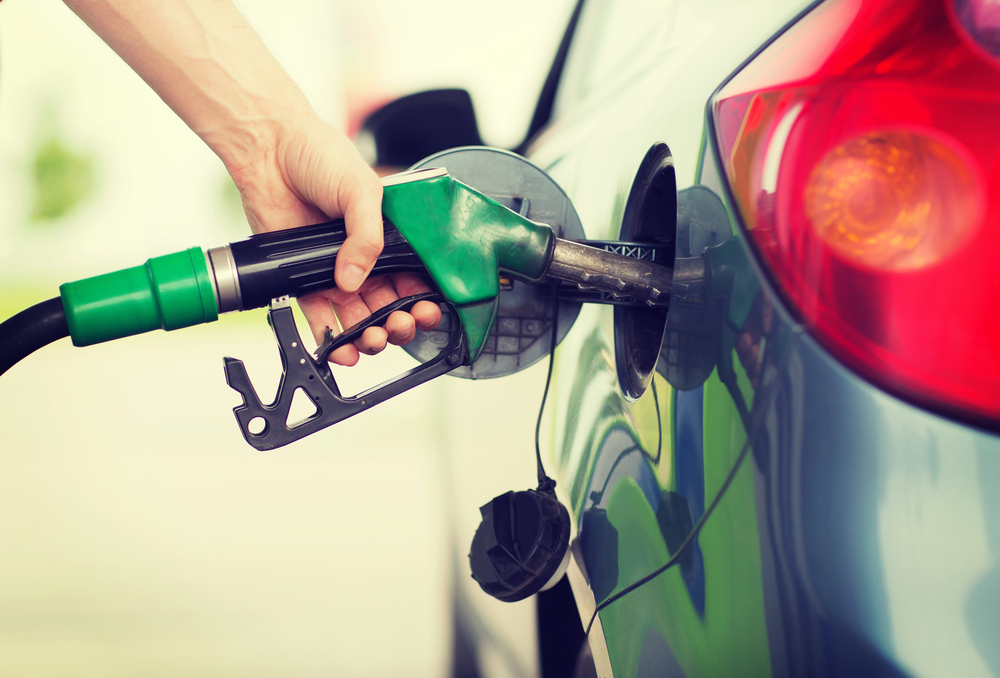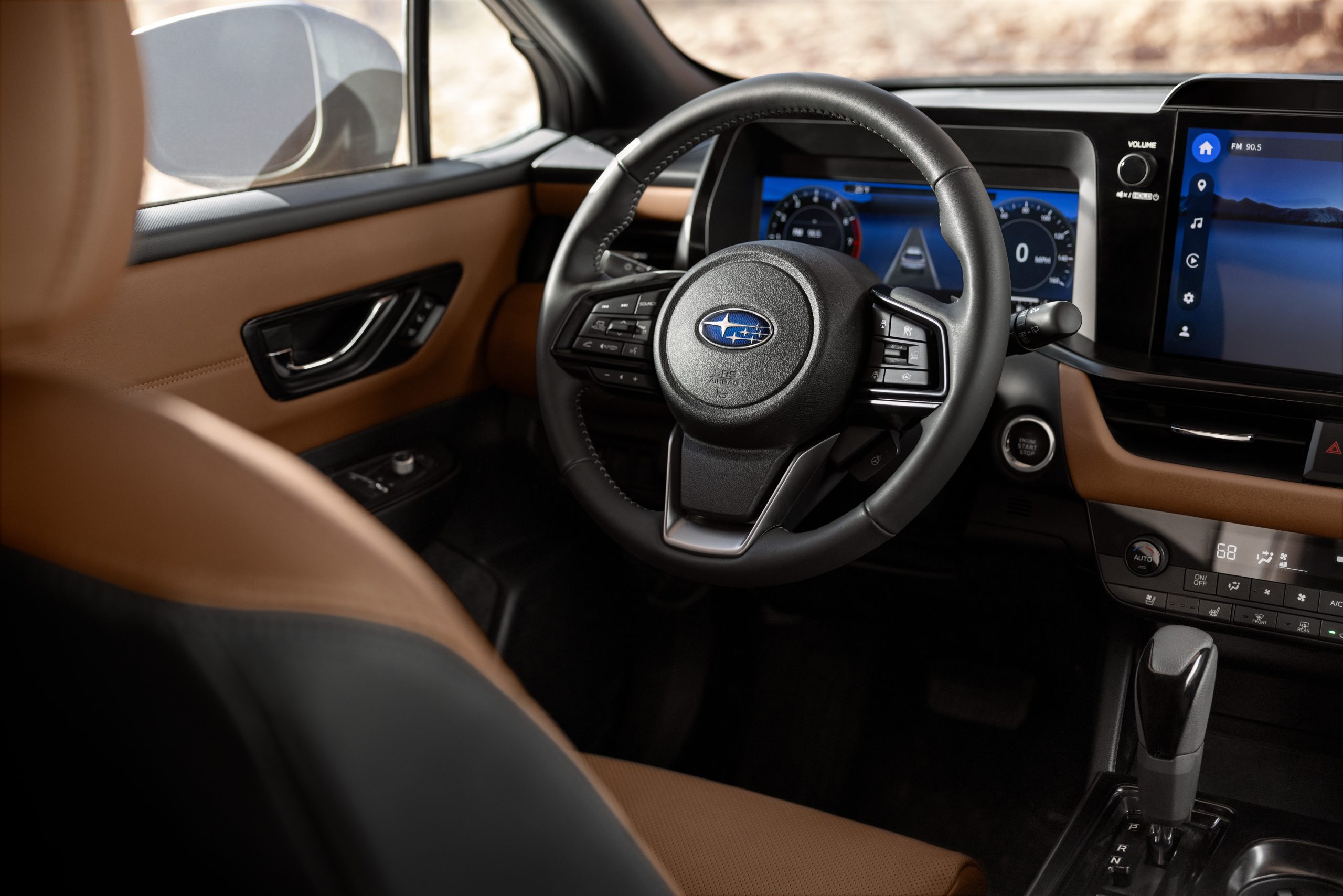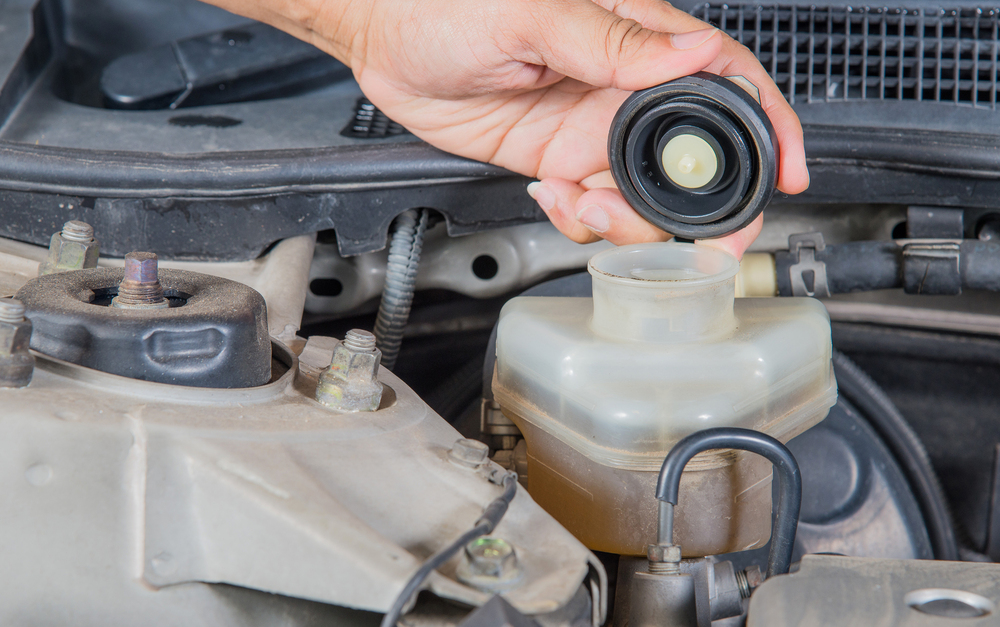Boosting fuel efficiency, how to improve gas mileage in cars
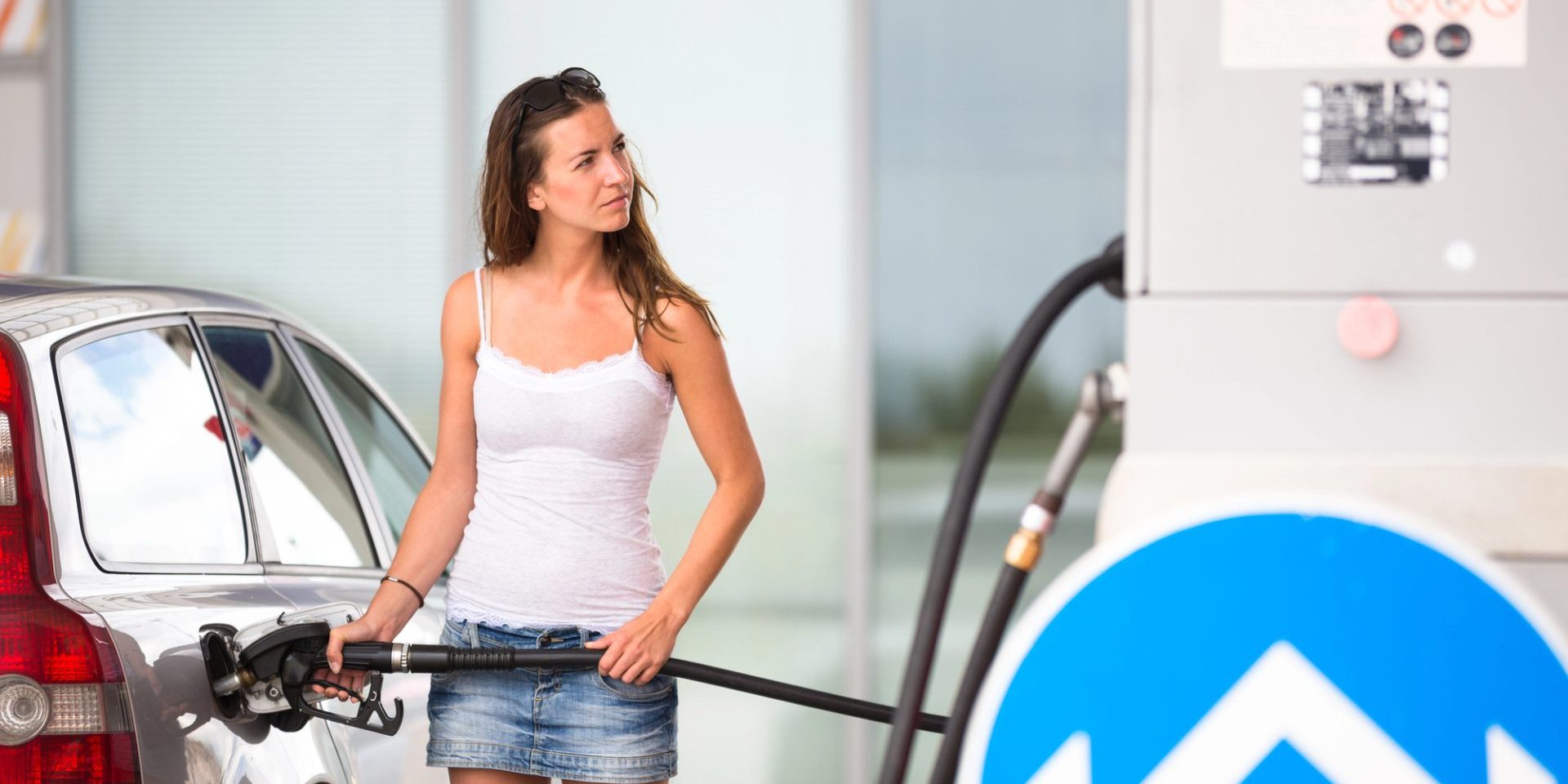
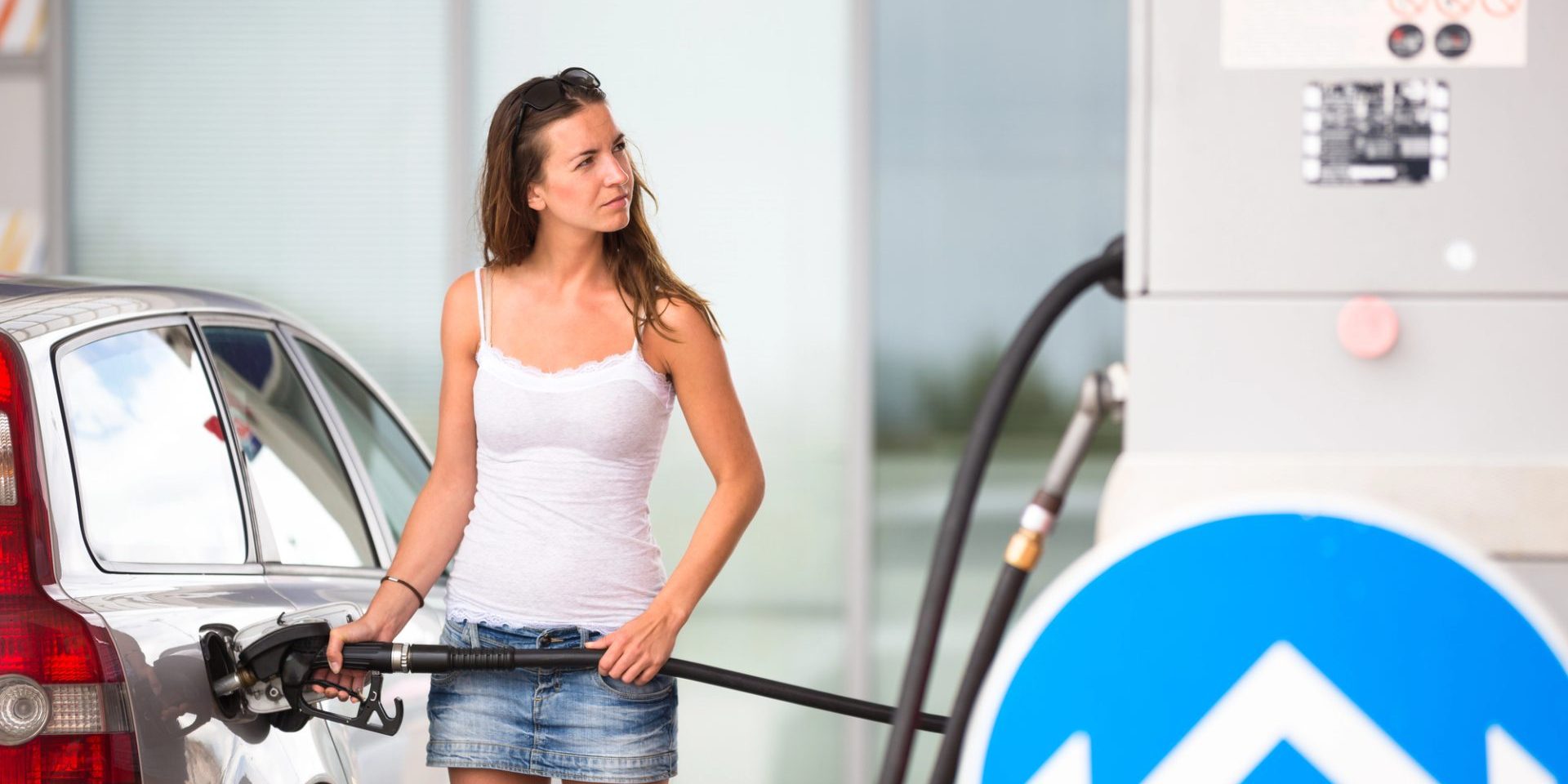
Boosting fuel efficiency is achieved by maintaining proper tyre pressure, reducing vehicle weight, avoiding aggressive driving, and keeping the engine tuned. Key actions include accelerating gently, using cruise control on highways, removing roof racks, and avoiding excessive idling. These habits can significantly improve gas mileage, saving money and reducing fuel consumption.
Top Tips for Improving Fuel Efficiency
Use AC Wisely: Use the air conditioner sparingly to save fuel, especially in stop-and-go traffic.
Maintain Tyre Pressure: Keep tyres inflated to the manufacturer’s recommended level to reduce rolling resistance, which can waste fuel.
Drive Smoothly: Avoid rapid acceleration and harsh braking, which burn extra fuel.
Reduce Vehicle Weight: Remove unnecessary heavy items from the trunk or cabin to reduce the workload on the engine.
Maintain Speed & Use Cruise Control: Use cruise control on highways to maintain a constant speed, avoiding excessive, fuel-intensive acceleration.
Avoid Excessive Idling: Turn off the engine if you are parked for more than a minute to prevent wasting fuel.
Regular Maintenance: Regular tune-ups, including replacing air filters, spark plugs, and using the correct grade of motor oil, can improve fuel efficiency by up to 40%.
Remove Roof Racks: When not in use, remove roof racks and boxes to improve aerodynamics and decrease drag.
Maintain tyre pressure
Tyre pressure is one of the fastest wins, since it changes rolling resistance every time the car moves. Underinflated tyres deform more, turning fuel into heat inside the sidewall and tread. That extra flex also raises tyre temperatures, which can speed up wear.
Set pressures using the vehicle placard, not the number moulded into the tyre sidewall. The placard value is the target for that vehicle’s weight distribution, suspension geometry, and tyre size. It also often lists a higher pressure for heavy loads or sustained motorway use.
Check pressures cold, before the first drive of the day or after the car has sat for a few hours. Driving even a short distance warms the air inside the tyre and raises the reading, which can hide a slow leak. Use a decent gauge, then refit valve caps since they act as a second seal against dirt and moisture.
If your car has a tyre pressure monitoring system, treat it as a warning light, not a measuring tool. Many systems alert only after a meaningful drop from baseline, so you can still be running low while the dash stays quiet. A quick monthly check keeps you ahead of that.
Drive smoothly
Smooth driving is fuel control in its purest form. Every hard acceleration demands extra fuel, and every late heavy brake throws that energy away as heat. The aim is simple: build speed gently, then keep it, rather than constantly creating and destroying momentum.
Start by treating the accelerator like a dimmer switch, not an on off button. Squeeze in power, let the transmission upshift early, and use the engine’s torque rather than chasing revs. In an automatic, light throttle often triggers earlier shifts and lower rpm, which cuts fuel use.
Look further up the road so you can lift early instead of braking late. If traffic is compressing, ease off and let the gap close gradually. On many cars, a gentle lift triggers fuel cut on overrun, meaning the injectors can reduce or stop fuel delivery while the car coasts in gear.
In town, aim for one clean pull away and a steady roll rather than repeated surges. If you drive a manual, shifting up earlier and avoiding long periods at high rpm keeps fuel use down without turning the drive into a slow crawl.
Maintain speed and use cruise control on highways
Highway fuel economy is dominated by speed stability and aerodynamic drag. Small speed changes can mean frequent throttle corrections, and each correction costs fuel. A steady pace reduces those constant micro accelerations that add up over a long trip.
Cruise control can help on flat, open roads with consistent traffic flow. It holds a stable throttle position better than most people can, which tends to reduce wasteful speed drift. Use it when conditions are predictable.
On rolling hills, some systems chase the set speed aggressively by adding a lot of throttle on the climb. In that situation, a light foot can do better by allowing a small, safe speed drop uphill, then regaining speed gradually on the downhill. If you see the gearbox hunting between gears, that is often a sign the cruise strategy is pushing too hard.
Speed itself is a separate lever. Fuel economy commonly drops once speeds rise beyond about 50 mph (80 km/h), since drag grows quickly with speed. Staying a little slower on the motorway can save fuel without changing anything else about the car.
Reduce vehicle weight
Extra weight asks the engine for extra work every time you pull away, climb a hill, or accelerate back to speed. The effect is most obvious in stop start driving, where the car repeatedly converts fuel into motion from a standstill.
Start with the easy stuff: remove heavy items you do not need day to day. Tool bags, sports gear, and forgotten boxes in the boot can add up. If you regularly carry a lot of gear, consider how it is stored so you are not hauling unnecessary weight on every commute.
Weight also changes braking demands. A heavier car needs more braking force to slow down, which increases brake wear and can encourage a driving style with sharper inputs. A lighter load makes smooth driving easier, which supports better fuel economy indirectly.
Do not sacrifice safety equipment or emergency items that you genuinely rely on. The goal is to clear dead weight, not to strip the car of essentials.
Remove roof racks and reduce drag
Aerodynamic drag is fuel you spend just to push air out of the way. Roof racks, roof boxes, and even unused cross bars can add drag at motorway speeds, which pushes fuel use up on every long trip.
If you only use racks for holidays or occasional hauling, remove them between trips. That change costs minutes in the driveway and pays back over weeks of driving. The same logic applies to roof boxes, which are often worse for drag than the rack itself.
Open windows at higher speeds can also increase drag. At lower speeds, an open window can be cheaper than running the air conditioner. At motorway speeds, the drag penalty can outweigh that benefit, so a closed cabin often helps fuel economy.
Keep the exterior clean around areas that manage airflow, such as the front grille and bumper openings. Packed debris can disrupt airflow into the radiator and condenser, which can force cooling fans to run more often and increase engine load.
Avoid excessive idling
Idling is simple math: the engine burns fuel while the car covers zero miles. Short stops pile up fast, especially in winter warm ups, school pickups, or long drive through queues.
If you are parked and waiting for more than about a minute, switching off usually saves fuel. Modern engines do not need long warm ups at idle. Gentle driving for the first few minutes warms the drivetrain faster than sitting still, and it reduces fuel waste.
In cold weather, clearing windows quickly reduces the temptation to idle. Use the defrost setting, fresh air mode, and a clean windscreen, then drive off smoothly once visibility is safe.
If your car has start stop, learn its behaviour. It saves fuel during repeated stops, yet some drivers override it out of habit. Used as intended, it cuts unnecessary idle time in traffic.
Use AC wisely
Air conditioning draws power, which the engine supplies by burning more fuel. The size of the penalty varies by vehicle and conditions, yet the direction is consistent. More cooling load means more engine load.
In stop start traffic, AC load can be more noticeable, since the engine spends a lot of time at low rpm where accessory load is a bigger share of total output. If the weather allows, set a moderate cabin temperature rather than max cold, and use recirculation once the cabin has cooled so the system chills already cooled air.
At higher speeds, keeping windows up can reduce drag, which can offset the AC load. In many cases, especially on motorways, AC with the windows up can be the better fuel choice than windows down.
If the AC is weak, do not keep turning the fan higher expecting colder air. Poor cooling can signal low refrigerant or a blocked condenser, and running the system harder just increases load without real comfort gains.
Regular maintenance and engine tune
Mechanical health controls fuel economy every mile you drive. A healthy ignition system, clean airflow, and correct lubricants help the engine burn fuel cleanly and convert more of it into useful work.
Start with service basics that are easy to verify. A clogged engine air filter can restrict airflow and upset fuel trim. Worn spark plugs can reduce combustion quality, leading to rough running and higher fuel use. Using the correct oil grade reduces internal drag, especially in cold starts.
Pay attention to warning lights and drivability changes. A check engine light can indicate faults that increase fuel use, such as an oxygen sensor issue, a misfire, or an evaporative emissions leak. Even if the car feels fine, the engine management may be running a richer mixture to protect components.
Keep tyres aligned and suspension components in good condition. Toe that is out of spec scrubs tyres across the road surface, which wastes fuel and eats tread. If the steering wheel is off centre or the car pulls, an alignment check can pay back in both tyre life and fuel economy.
Driving habits to avoid
These habits tend to destroy fuel economy even if the car is in perfect condition.
Speeding
Driving faster increases aerodynamic drag sharply, and drag is paid for with fuel. The penalty often becomes obvious above about 50 mph (80 km/h), and it grows as speed rises.
Higher speeds also reduce reaction time, which tends to trigger more braking events. More braking means more lost momentum, which then demands more fuel to regain.
If you want a simple rule, pick a steady motorway pace that keeps the engine relaxed, reduces lane changes, and avoids constant throttle corrections. Consistency often beats outright speed for fuel use.
Aggressive driving
Hard launches and late heavy braking waste energy twice. First, extra fuel is burned to accelerate quickly. Second, that energy is thrown away as brake heat. In urban driving, that pattern can cut fuel economy sharply, and in some scenarios the hit can approach 40 percent.
Aggressive inputs can also keep the transmission in lower gears for longer, raising rpm and increasing pumping losses. On turbo engines, frequent hard acceleration can trigger enrichment under load, which uses extra fuel to control temperatures.
The fix is a driving style built around anticipation. Leave space, build speed progressively, and let the car roll when traffic flow allows. That approach saves fuel and reduces wear on brakes and tyres at the same time.
A calm, predictable driving style keeps your passengers safer, keeps your consumables healthier, and keeps more money in your pocket every time you fill the tank.
If you enjoyed this article, be sure to follow us on Microsoft Start.


